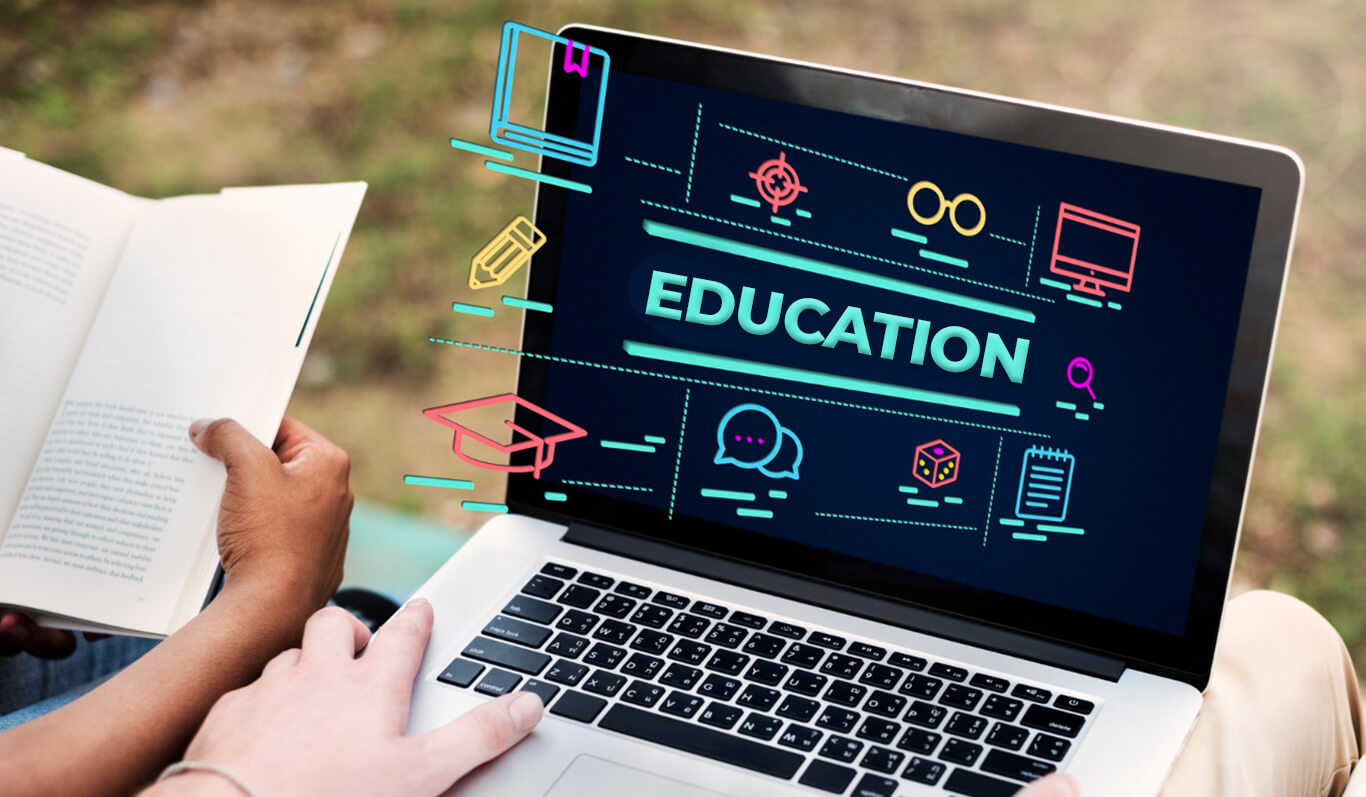No matter your role in the classroom, having access to high-quality learning resources is essential for success. It’s not uncommon for students and instructors to share resources, which helps everyone stay on the same page. Still, the topic of how to choose the best accessible material and what characteristics it should have remains open.
Here are some pointers that can be useful in your search for educational resources.
Make Sure It Covers The Syllabus.
Your syllabus should be your primary reference point, and your chosen materials should align with its objectives. Refine your course objectives before settling on a PDF or physical textbook. Verify that your selected study materials cover all the topics outlined in the course outline.
While it’s unnecessary, using just one source rather than several distinct ones makes the learning process much more streamlined. College textbooks and comprehensive study notes covering specific topics compiled by students before you can be of immense help. However, you will only sometimes be able to find everything in one place because the syllabus is sometimes so vast that you must also consult other sources.
Verify That It’s Current.
Every book or online resource that has been out for a while will eventually be reissued with newer, more up-to-date content. Infrequent curriculum revisions typically trigger this shift. Make sure the study material you settle on is the most recent edition since this will guarantee that you have access to the most relevant information and will reflect any changes made to the course syllabus.
Verify The Integrity Of Data.
Selecting study materials that contain up-to-date education is essential. Although it may seem self-evident, many textbooks and study guides need to be more accurate or included. In general, check the authors’ credentials and see if there are experts on the subject who support the claims they are making. Material revisions, in addition to exam change updates, should also be considered.
Improve Content Density.
If you need education materials, you’re close to taking an exam or finishing your degree. That’s why using education resources that maximise breadth and depth is important. When cramming for a difficult exam, narrowing your focus and studying less material may be counterproductive. By reducing the scope of your study, you can devote more time and energy to the topics on the syllabus and less to those that are optional. Your ability to memorise and apply information will improve after you fully grasp the concepts at hand and can see how they all fit together.
Keep In Mind The Value Of A Traditional Textbook.
A high-quality textbook is an invaluable education tool. Find ones that provide lots of worked examples to illustrate concepts and lots of tasks for pupils to practise what they’ve learned and check their grasp. Those with greater teaching experience in your department will gladly recommend their favourite resources.
Make Use Of Existing Resources.
Your department may have a subscription to a resource collection from a major publisher. These are frequently used in conjunction with a course textbook or outline. When starting at a new school, it’s important to find out what education facilities are available and to get the login information you’ll need to use them. If you have access to physical copies of your course materials, keep them close by while you plan.
Take Advantage Of Social Networking Sites.
Twitter is a great platform for coordinating with educators all across the world. If you want to keep up with the latest tweets with the hashtag #edutwitter, follow it. It also serves as a platform for gauging the reception of proposed changes.
Google Docs and Dropbox are just two examples of cloud services that make creating and distributing documents online easy. Save links to useful education materials when you come across them so that you may easily access them in a time of need or when you have more time to devote to reading and reflection. Before employing them with a class, make sure they’re up to snuff.
Put Your New Knowledge To The Test.
The best study guides are those that not only help you zero in on the topics you need to know the most about but also get you comfortable with the style of multiple-choice exams. According to the idea of education, students’ ability to remember what they’ve studied improves dramatically when practice questions are woven throughout the curriculum.
After studying a topic in-depth, you should put your newfound knowledge to the test by answering sample exam questions on that subject. You can see how much you’ve learnt so far, adjust your study methods based on your learning, and keep going until you’ve mastered the material.
Therefore, your study materials should include sample questions to reinforce the exam topics, quizzes and tests to assess your knowledge of specific areas and in-depth explanations of why certain answers are correct or incorrect.
Conclusion
Finding the greatest education resource is essential because picking the correct content can be challenging due to its frequently chaotic and unpleasant nature. The success of your academic performance hinges on your decision. With any luck, the following suggestions will prove useful as you navigate the selection process in search of appropriate resources to meet your specific needs and learning preferences.



